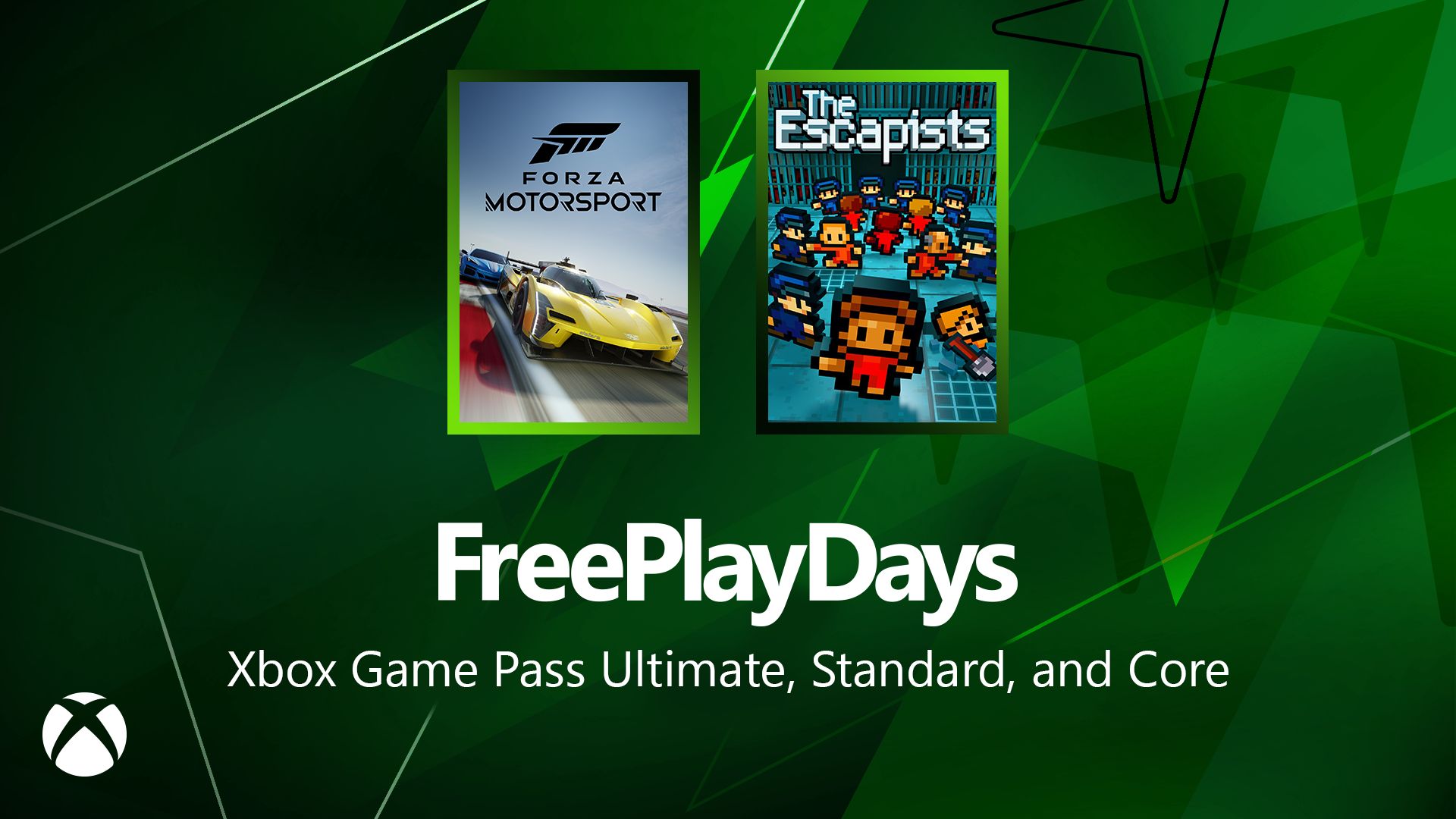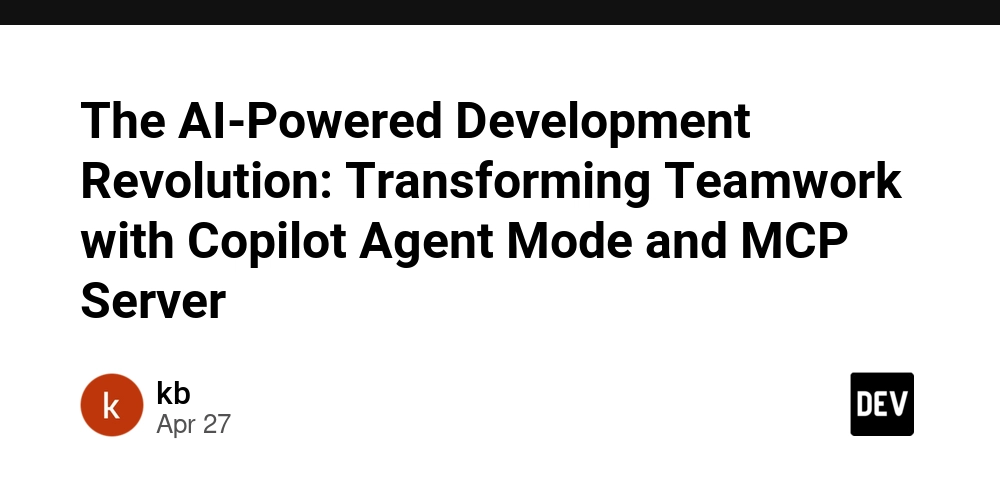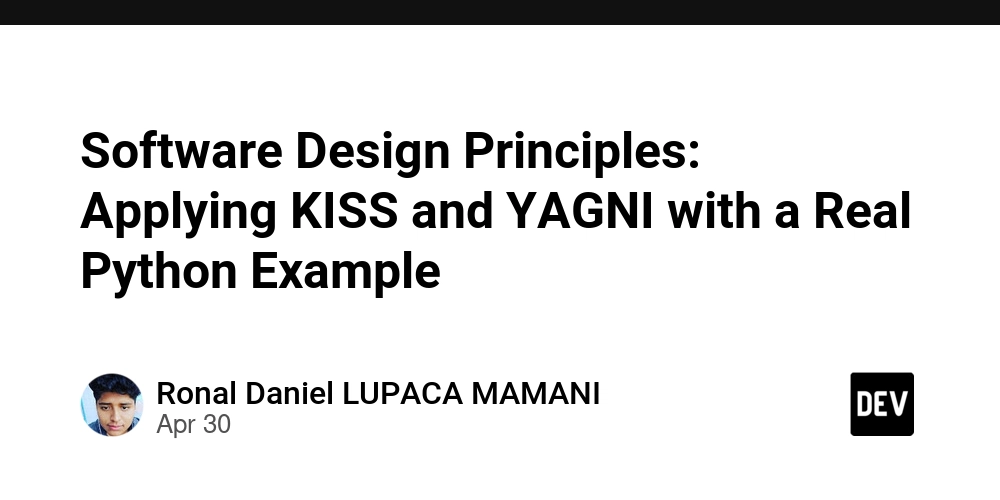Maybe Your Business Doesn't Need an App.
Maybe Your Business Doesn't Need an App. Often, when I'm on discovery calls with potential clients, a common question arises: "Do you think building an app for my business is a good idea?" My response can sometimes be neutral—or even disappointing—but there's an essential reason for that honesty. Statistically speaking, about 90% of SaaS (Software as a Service) startups fail. This fact isn't meant to discourage entrepreneurs but to inject a necessary dose of realism. As a software developer, I notice that of all the apps installed on my phone or computer, roughly 90% rarely get opened after the initial installation. Sure, some might be used weekly, like social media apps or games, but only a few become daily essentials. Think about your usage: development tools (Xcode, VS Code), browsers (Chrome, Safari), communication apps (ChatGPT, Upwork), food delivery services (DoorDash, Instacart), or news apps. Our devices are crowded with information and tools competing relentlessly for our attention. If you hope your app will "go viral," think again. Going viral is less a strategy and more a fortunate anomaly. Expecting a developer—or anyone—to magically propel your app to virality isn't realistic. This brings to mind Seth Godin's insightful concept from his book "The Dip." Every venture hits a point where initial excitement fades, challenges mount, and momentum stalls. The crucial question is, do you have the stamina and conviction to push through that dip? In my experience, the founders who succeed long-term are those genuinely committed to their vision, willing to persevere through setbacks, and remain flexible enough to pivot when necessary. Your initial concept might evolve dramatically based on customer feedback, and that's good. Jeff Bezos famously said, "Be stubborn on vision but flexible on details." This means being laser-focused on your core value, but adaptable in how you deliver it. I'm more than ready to help you navigate this journey, but you must be prepared for adjustments, realistic pacing of your investment, and continual alignment with customer value. Amazon: A Customer-Centric Model Speaking of Jeff Bezos, there's another illuminating moment worth recalling. When asked whether Amazon was fundamentally an internet company, he humorously responded, "Internet schminternet." His point was clear: Amazon is, at its heart, a customer-focused enterprise, not just a technology platform. The internet facilitated Amazon's business model, but the core offering—convenience, variety, and fast shipping—remains valid even if the technology changes dramatically or disappears tomorrow. Elon Musk emphasizes this similarly: "The best part is no part." Simplicity and direct customer benefit trump complexity every time. Always consider: You're asking customers to add another app to their already overloaded digital lives. What compelling value does your app provide that isn't already abundantly available? If your app idea resembles an existing market leader (like "another Facebook" or "another Uber"), brace yourself for intense competition. Differentiation isn't optional; it's essential. What unique and tangible benefits does your app bring to the table? Strip Away Technology: What's Left? One effective exercise is to remove technology entirely from your product. Imagine your business existing a century ago. What's left? • Is it fundamentally a service simplifying daily tasks? • Is it entertainment—a game or experience? • Is it a platform facilitating communication or community-building? • Perhaps it's a streamlined sales channel or an essential utility? This exercise clarifies your app's genuine value proposition. It forces you to face critical questions: • Why would customers prefer your app to tools they already use? • Does your app significantly improve upon existing methods? • Is your solution genuinely more convenient, cost-effective, or enjoyable? Consider productivity apps. Customers already have spreadsheets, calendars, and contact management systems. Why replace them with your app? Your app must offer undeniable advantages, such as simplicity, better integration, time savings, enhanced capabilities, or significant cost reductions. In Conclusion: Does Your Business Need an App? Maybe. But don't start by asking if you need an app. Instead, ask: • What specific problem am I solving? • Is my solution compelling enough to become indispensable? • Am I willing to adapt and pivot based on customer feedback? • Can I clearly articulate the unique value my app provides? An app is merely a delivery mechanism. Actual value lies in the business beneath—solving real problems, delivering tangible benefits, and genuinely improving your customers' lives. billvivino.github.io That's the foundation for lasting success.
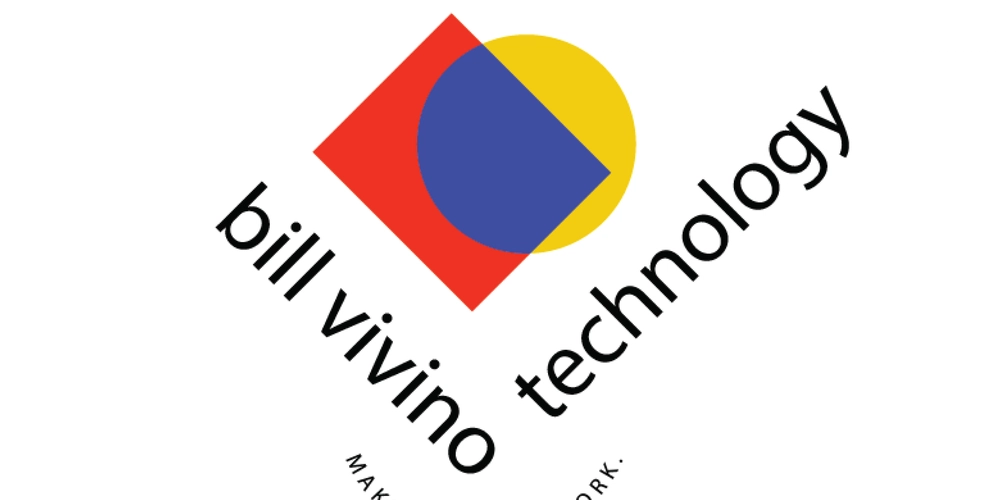
Maybe Your Business Doesn't Need an App.
Often, when I'm on discovery calls with potential clients, a common question arises: "Do you think building an app for my business is a good idea?" My response can sometimes be neutral—or even disappointing—but there's an essential reason for that honesty.
Statistically speaking, about 90% of SaaS (Software as a Service) startups fail. This fact isn't meant to discourage entrepreneurs but to inject a necessary dose of realism. As a software developer, I notice that of all the apps installed on my phone or computer, roughly 90% rarely get opened after the initial installation. Sure, some might be used weekly, like social media apps or games, but only a few become daily essentials. Think about your usage: development tools (Xcode, VS Code), browsers (Chrome, Safari), communication apps (ChatGPT, Upwork), food delivery services (DoorDash, Instacart), or news apps. Our devices are crowded with information and tools competing relentlessly for our attention.
If you hope your app will "go viral," think again.
Going viral is less a strategy and more a fortunate anomaly. Expecting a developer—or anyone—to magically propel your app to virality isn't realistic. This brings to mind Seth Godin's insightful concept from his book "The Dip." Every venture hits a point where initial excitement fades, challenges mount, and momentum stalls. The crucial question is, do you have the stamina and conviction to push through that dip?
In my experience, the founders who succeed long-term are those genuinely committed to their vision, willing to persevere through setbacks, and remain flexible enough to pivot when necessary. Your initial concept might evolve dramatically based on customer feedback, and that's good. Jeff Bezos famously said, "Be stubborn on vision but flexible on details." This means being laser-focused on your core value, but adaptable in how you deliver it. I'm more than ready to help you navigate this journey, but you must be prepared for adjustments, realistic pacing of your investment, and continual alignment with customer value.
Amazon: A Customer-Centric Model
Speaking of Jeff Bezos, there's another illuminating moment worth recalling. When asked whether Amazon was fundamentally an internet company, he humorously responded, "Internet schminternet." His point was clear: Amazon is, at its heart, a customer-focused enterprise, not just a technology platform. The internet facilitated Amazon's business model, but the core offering—convenience, variety, and fast shipping—remains valid even if the technology changes dramatically or disappears tomorrow.
Elon Musk emphasizes this similarly: "The best part is no part." Simplicity and direct customer benefit trump complexity every time. Always consider: You're asking customers to add another app to their already overloaded digital lives. What compelling value does your app provide that isn't already abundantly available?
If your app idea resembles an existing market leader (like "another Facebook" or "another Uber"), brace yourself for intense competition. Differentiation isn't optional; it's essential. What unique and tangible benefits does your app bring to the table?
Strip Away Technology: What's Left?
One effective exercise is to remove technology entirely from your product. Imagine your business existing a century ago. What's left?
• Is it fundamentally a service simplifying daily tasks?
• Is it entertainment—a game or experience?
• Is it a platform facilitating communication or community-building?
• Perhaps it's a streamlined sales channel or an essential utility?
This exercise clarifies your app's genuine value proposition. It forces you to face critical questions:
• Why would customers prefer your app to tools they already use?
• Does your app significantly improve upon existing methods?
• Is your solution genuinely more convenient, cost-effective, or enjoyable?
Consider productivity apps. Customers already have spreadsheets, calendars, and contact management systems. Why replace them with your app? Your app must offer undeniable advantages, such as simplicity, better integration, time savings, enhanced capabilities, or significant cost reductions.
In Conclusion: Does Your Business Need an App?
Maybe. But don't start by asking if you need an app. Instead, ask:
• What specific problem am I solving?
• Is my solution compelling enough to become indispensable?
• Am I willing to adapt and pivot based on customer feedback?
• Can I clearly articulate the unique value my app provides?
An app is merely a delivery mechanism. Actual value lies in the business beneath—solving real problems, delivering tangible benefits, and genuinely improving your customers' lives.
That's the foundation for lasting success.

















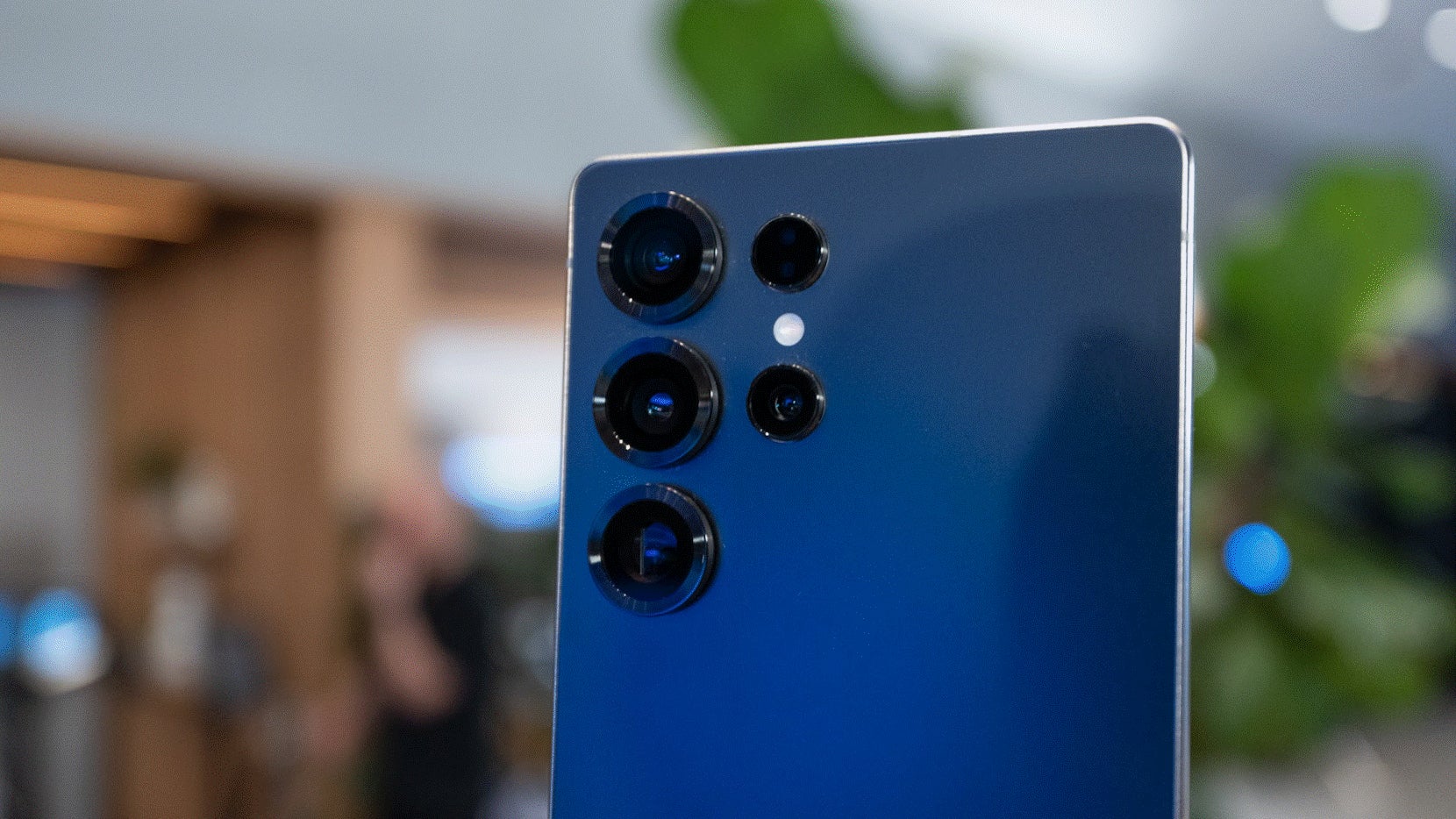

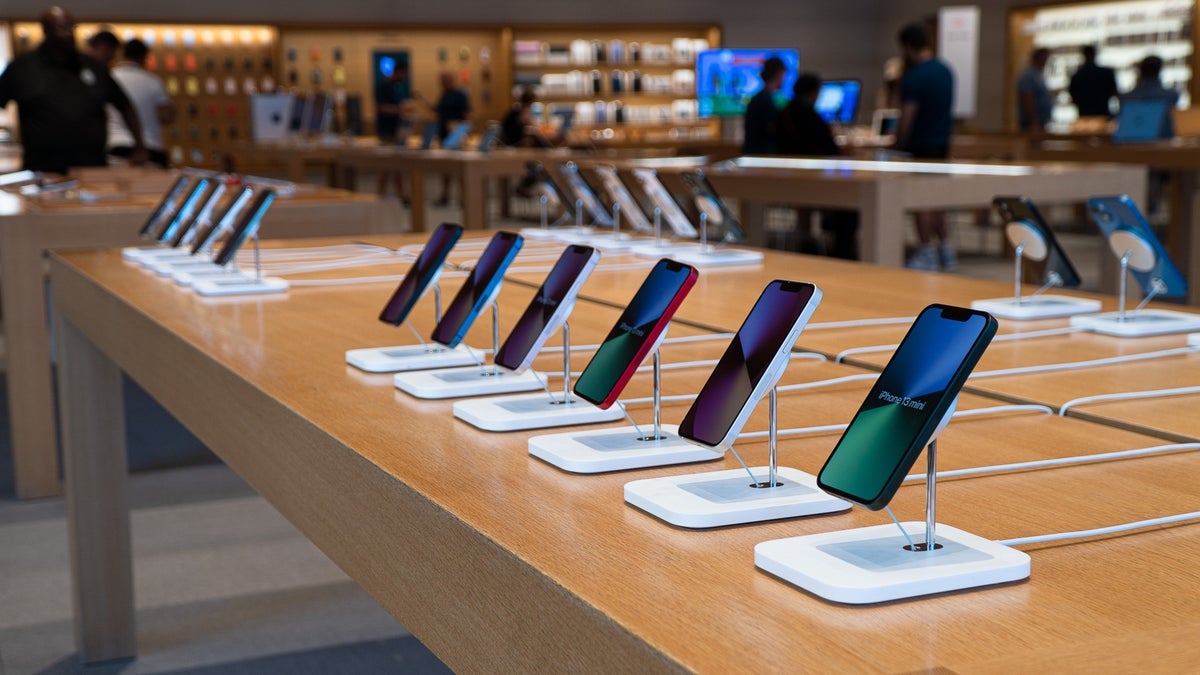

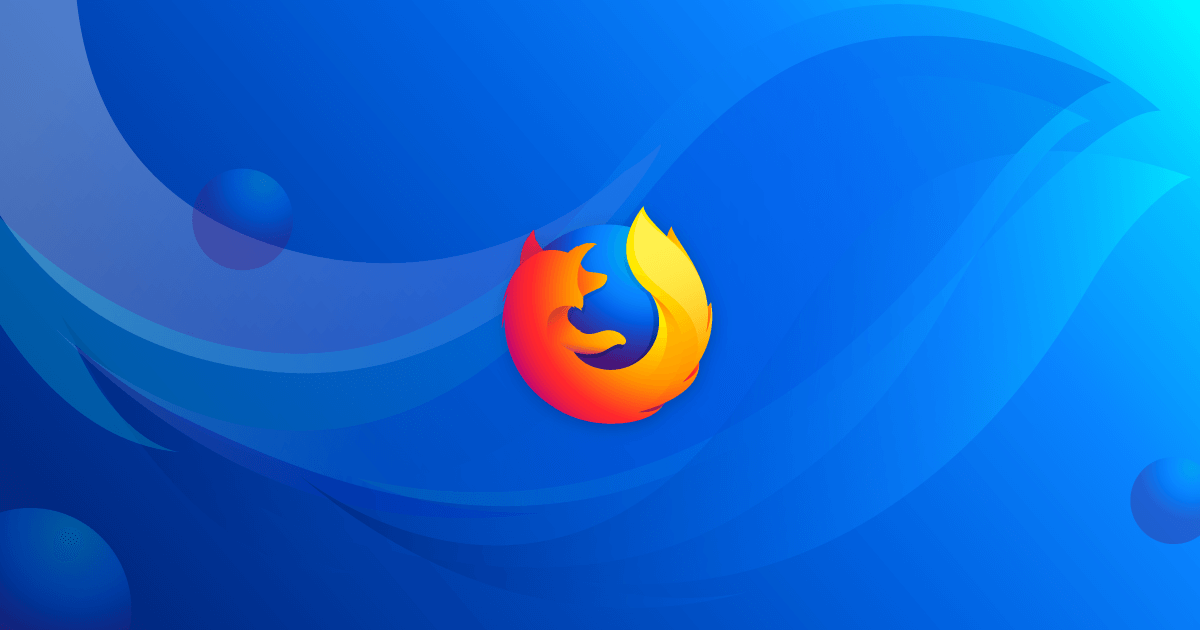



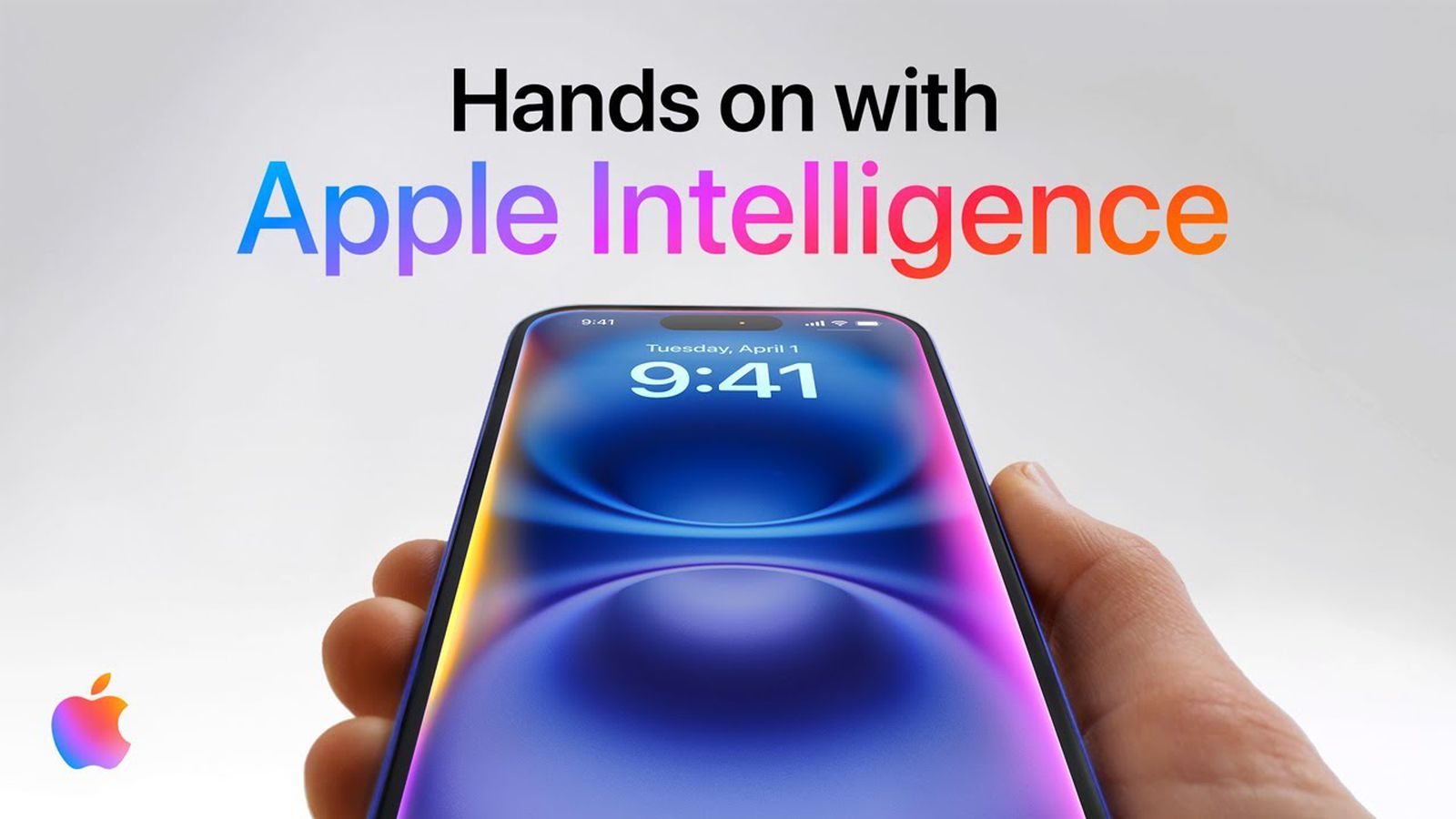





















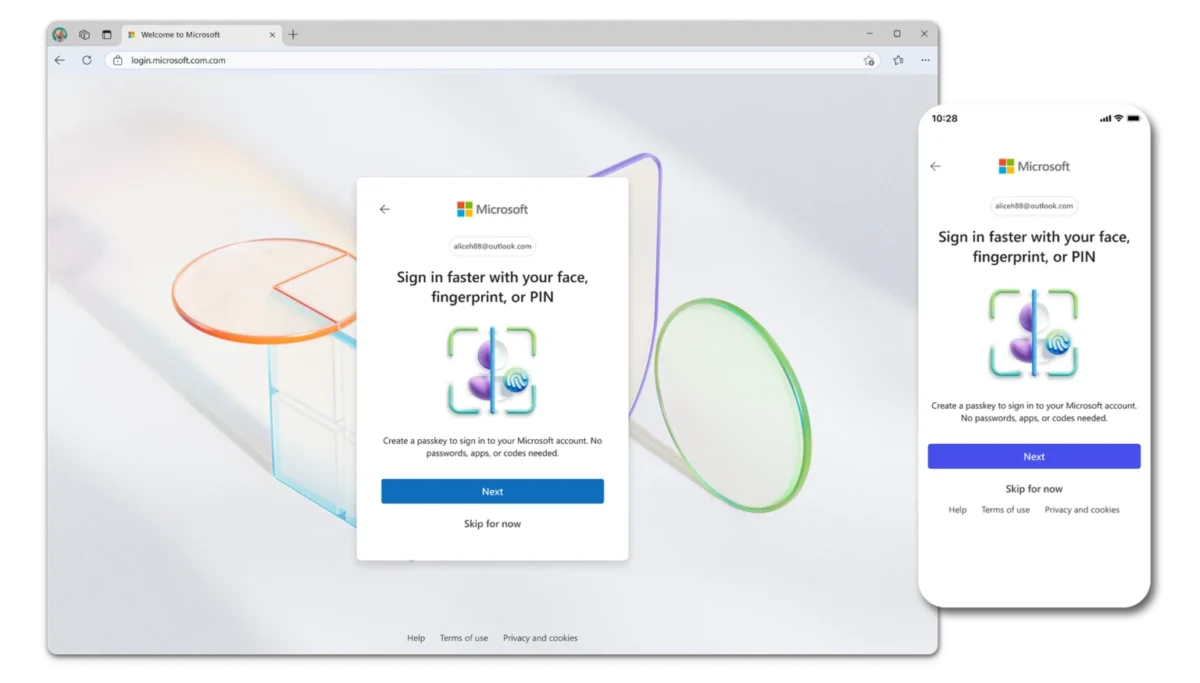
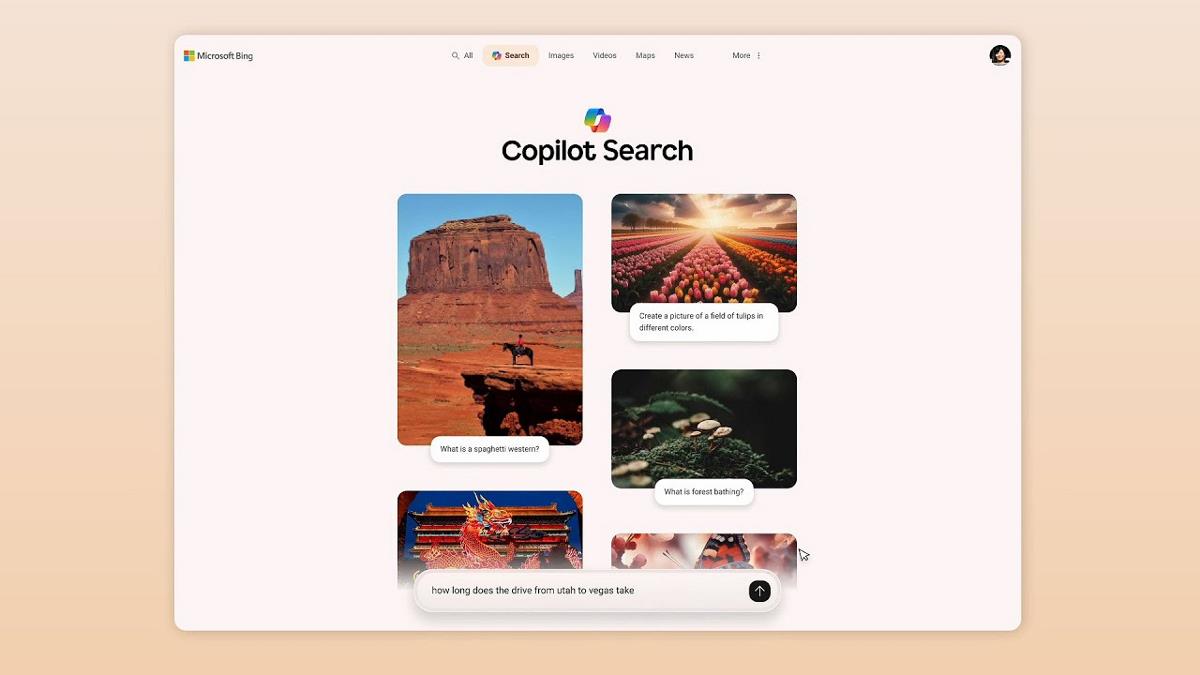
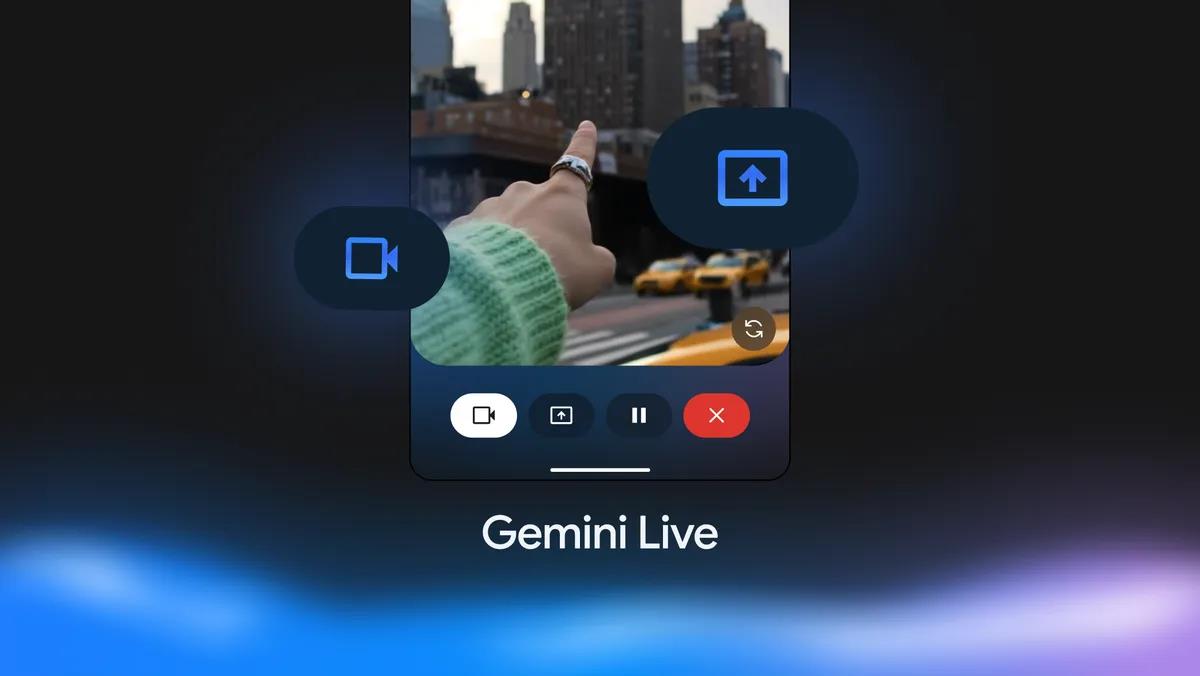


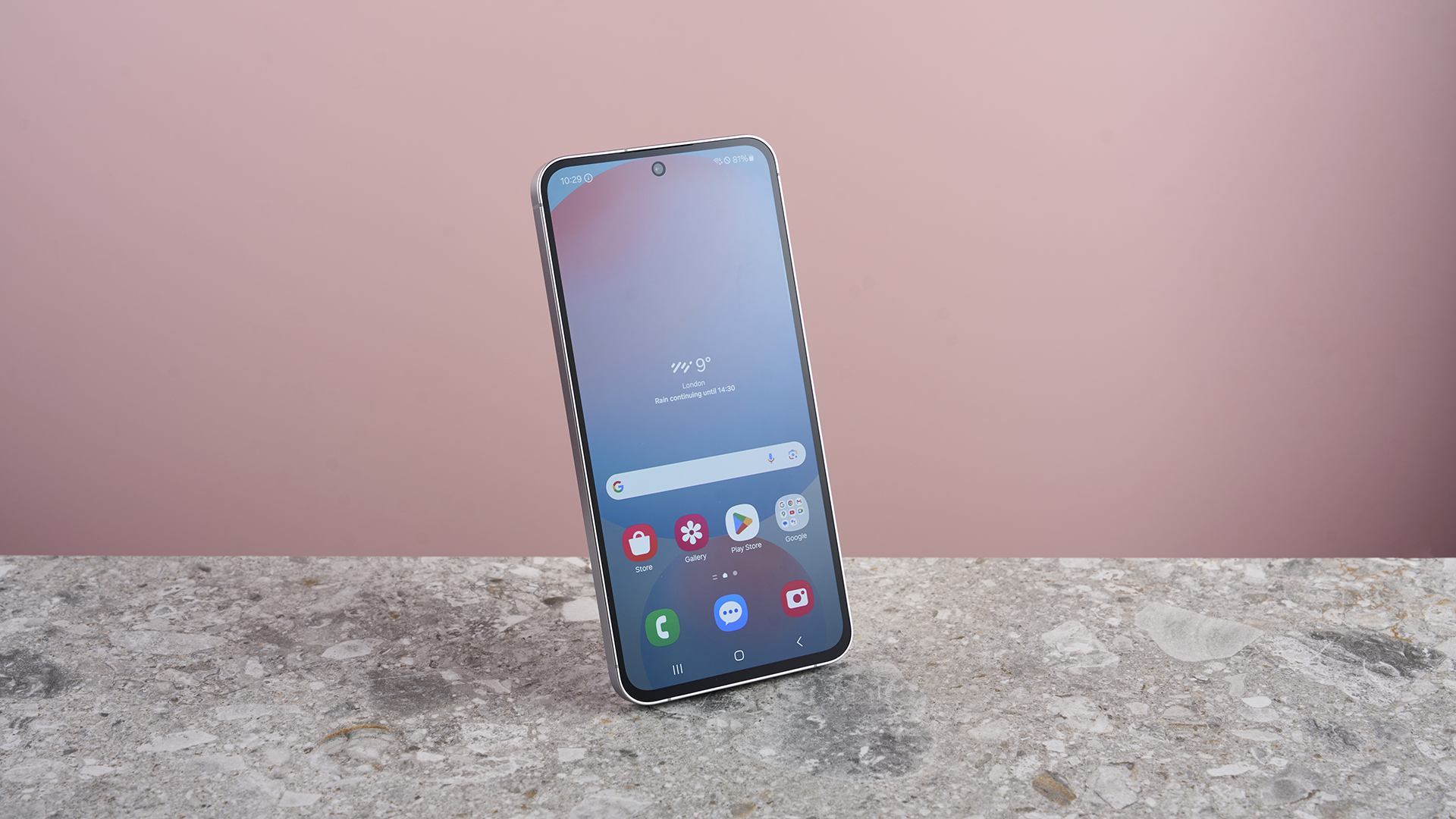


















![Apple Developing AI 'Vibe-Coding' Assistant for Xcode With Anthropic [Report]](https://www.iclarified.com/images/news/97200/97200/97200-640.jpg)
![Apple's New Ads Spotlight Apple Watch for Kids [Video]](https://www.iclarified.com/images/news/97197/97197/97197-640.jpg)




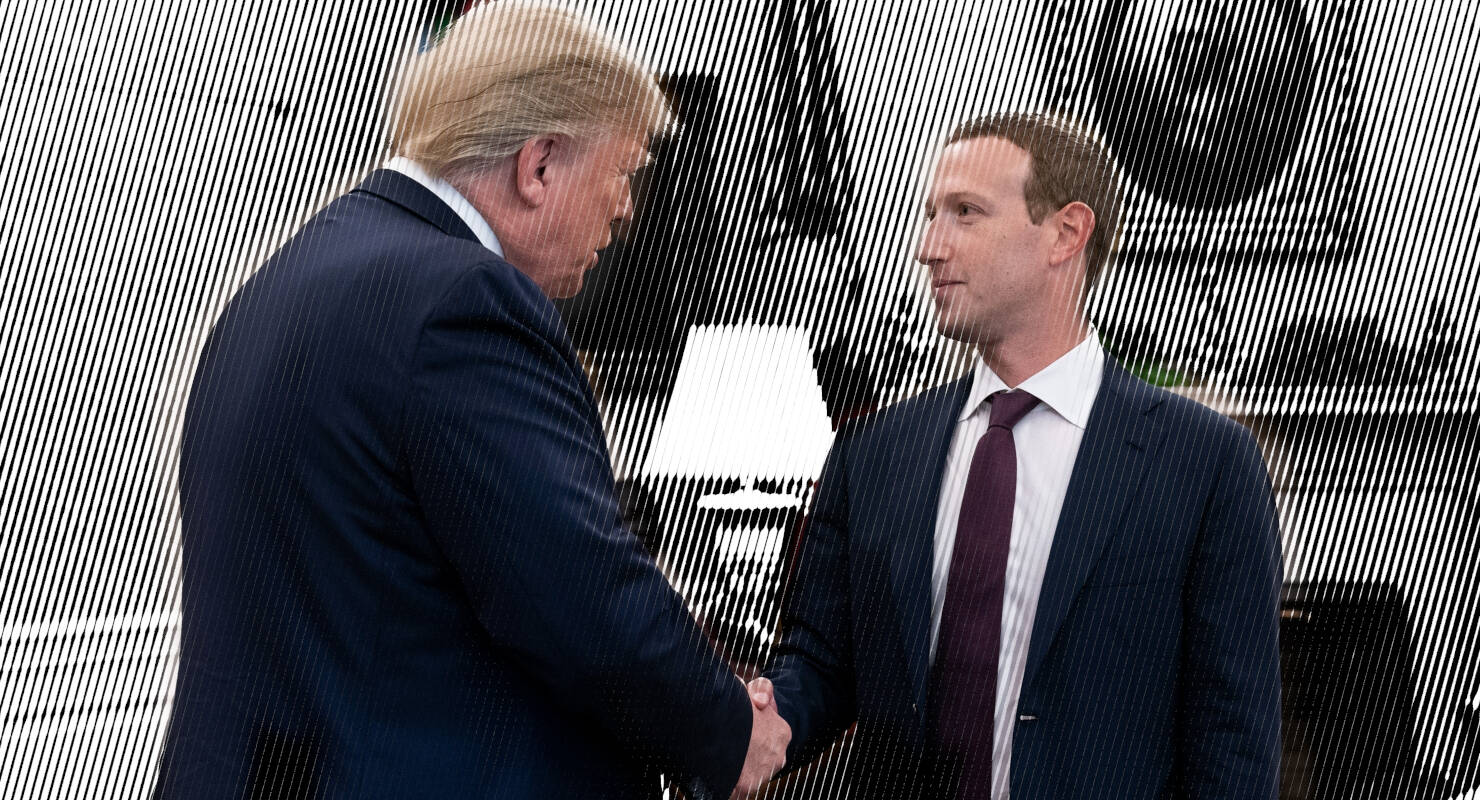














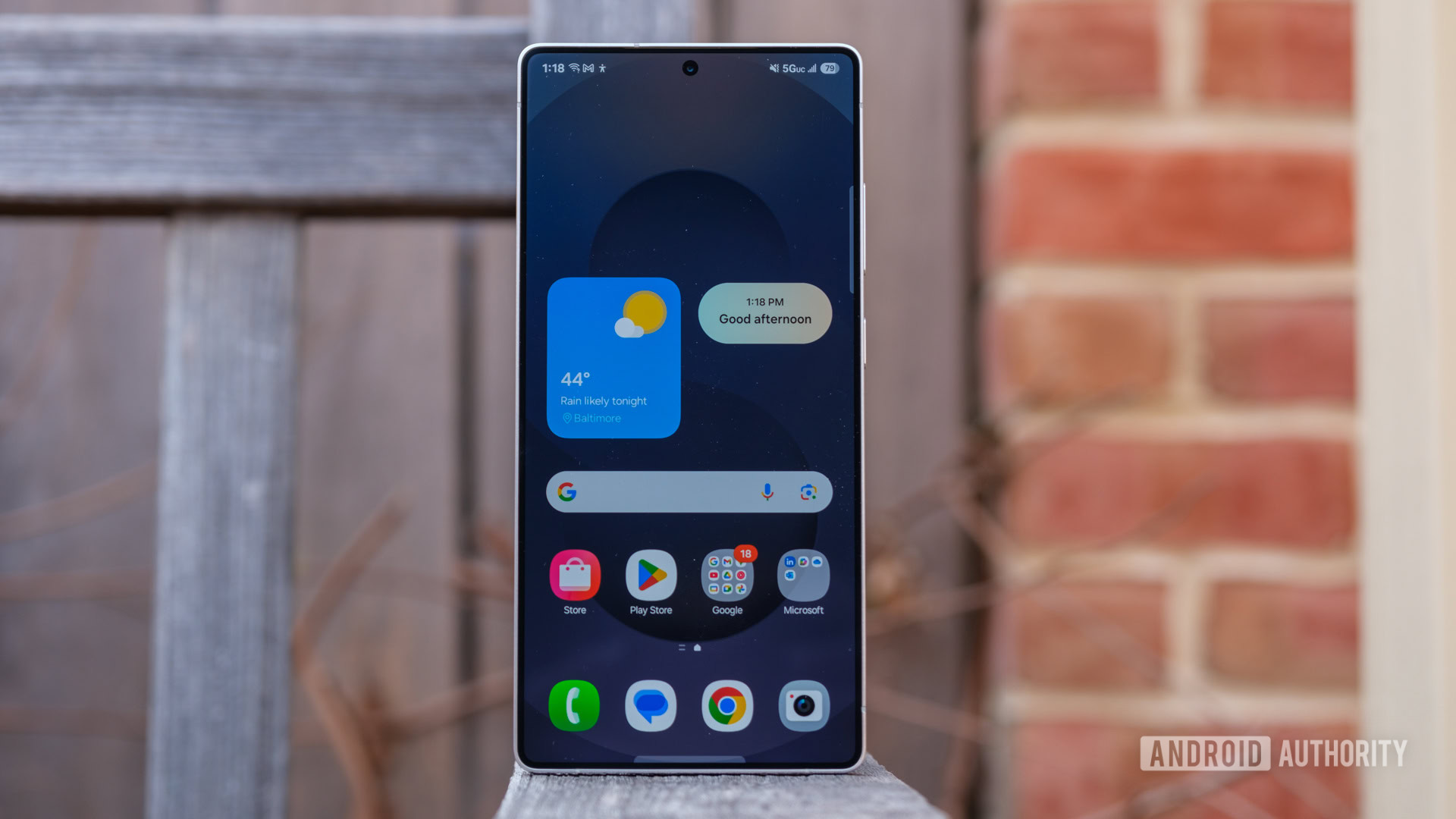

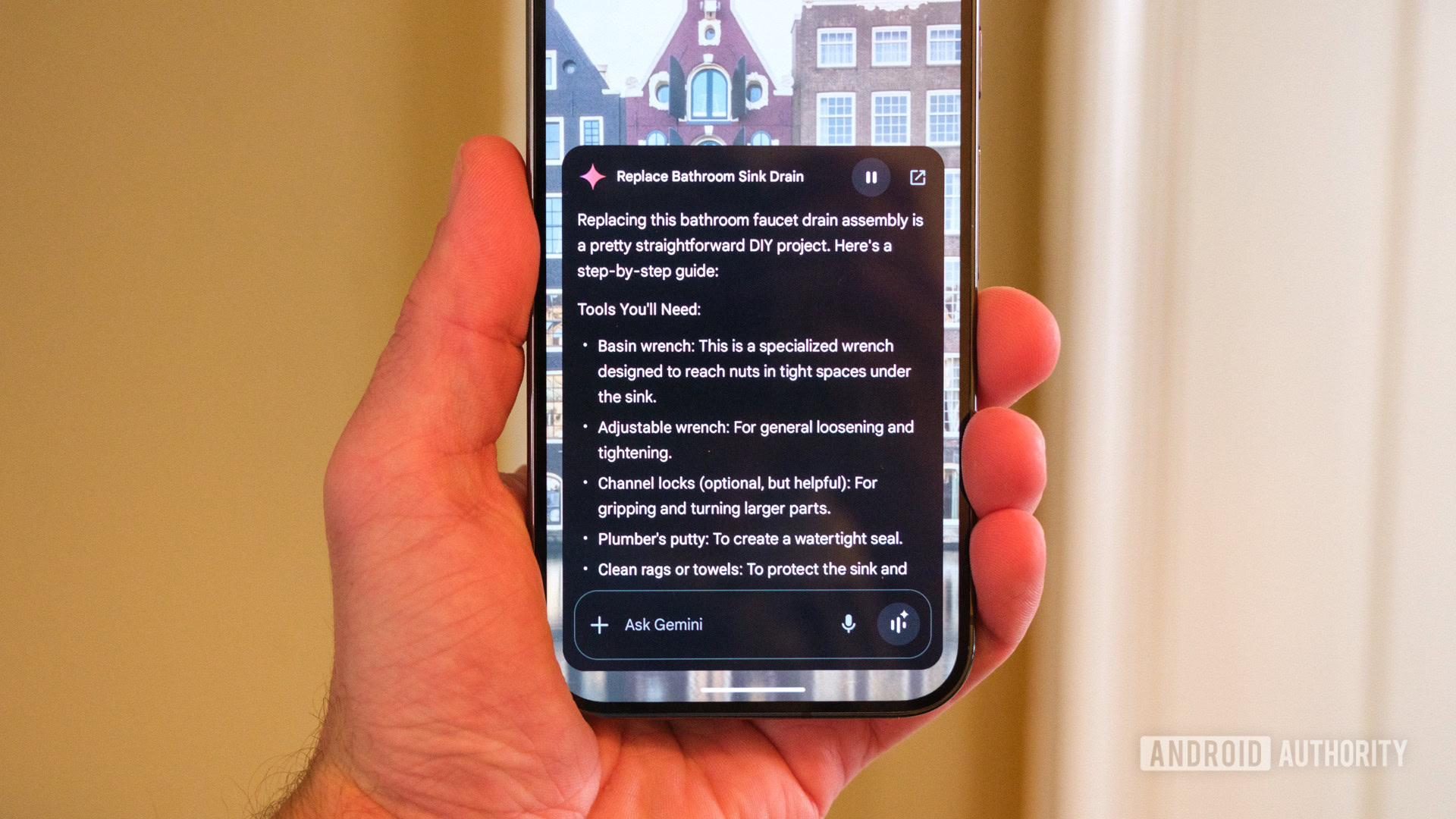

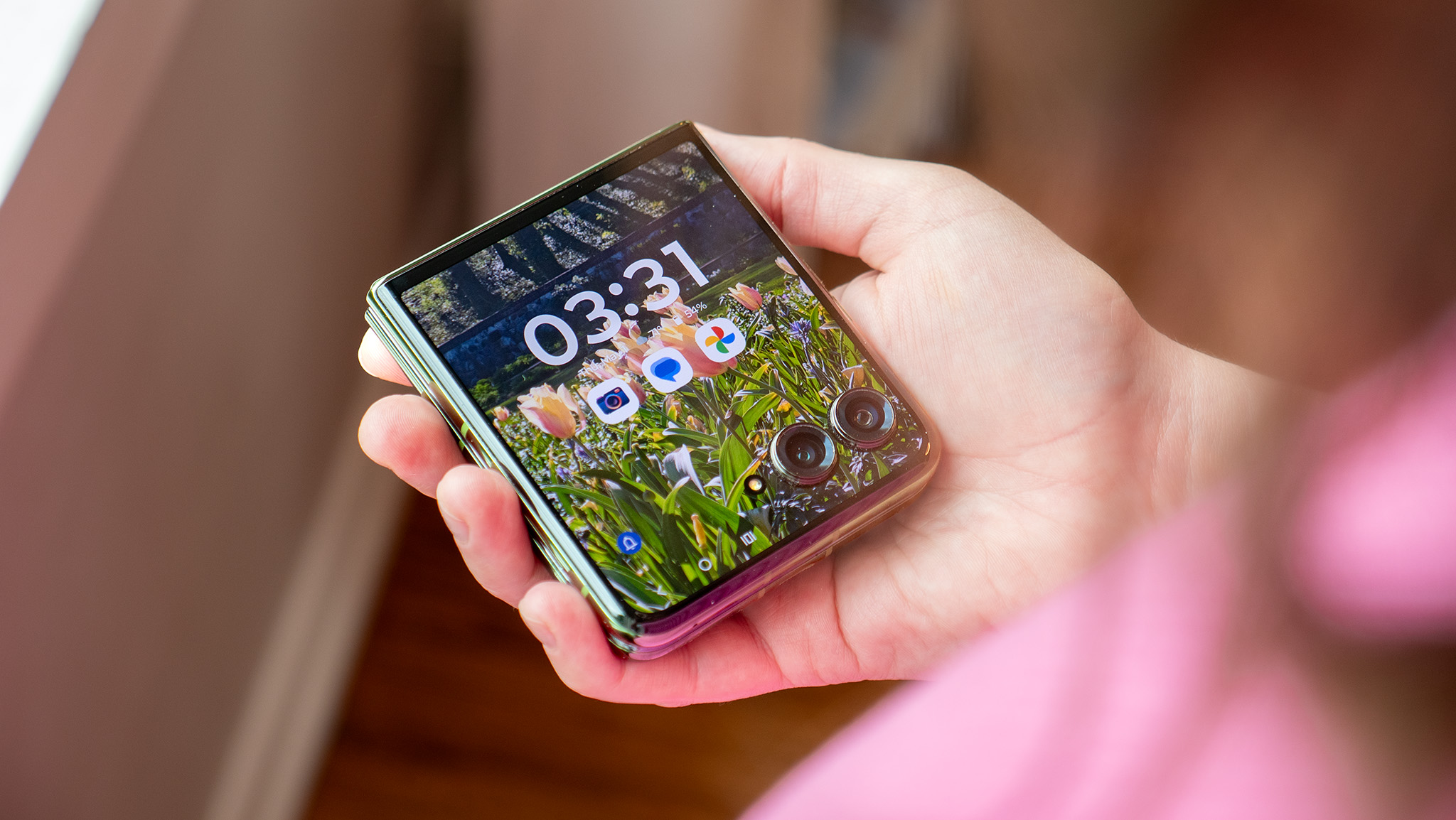
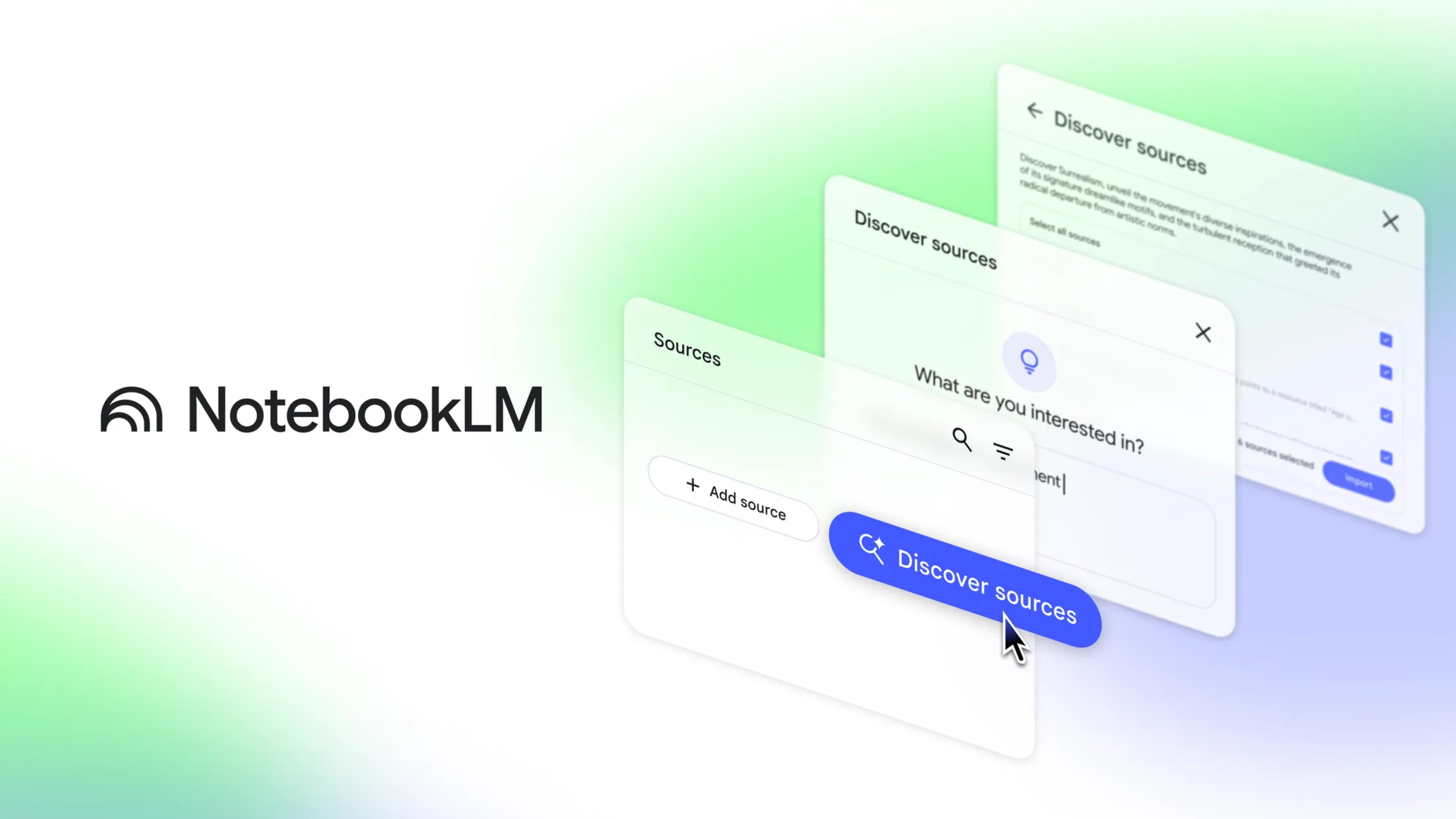
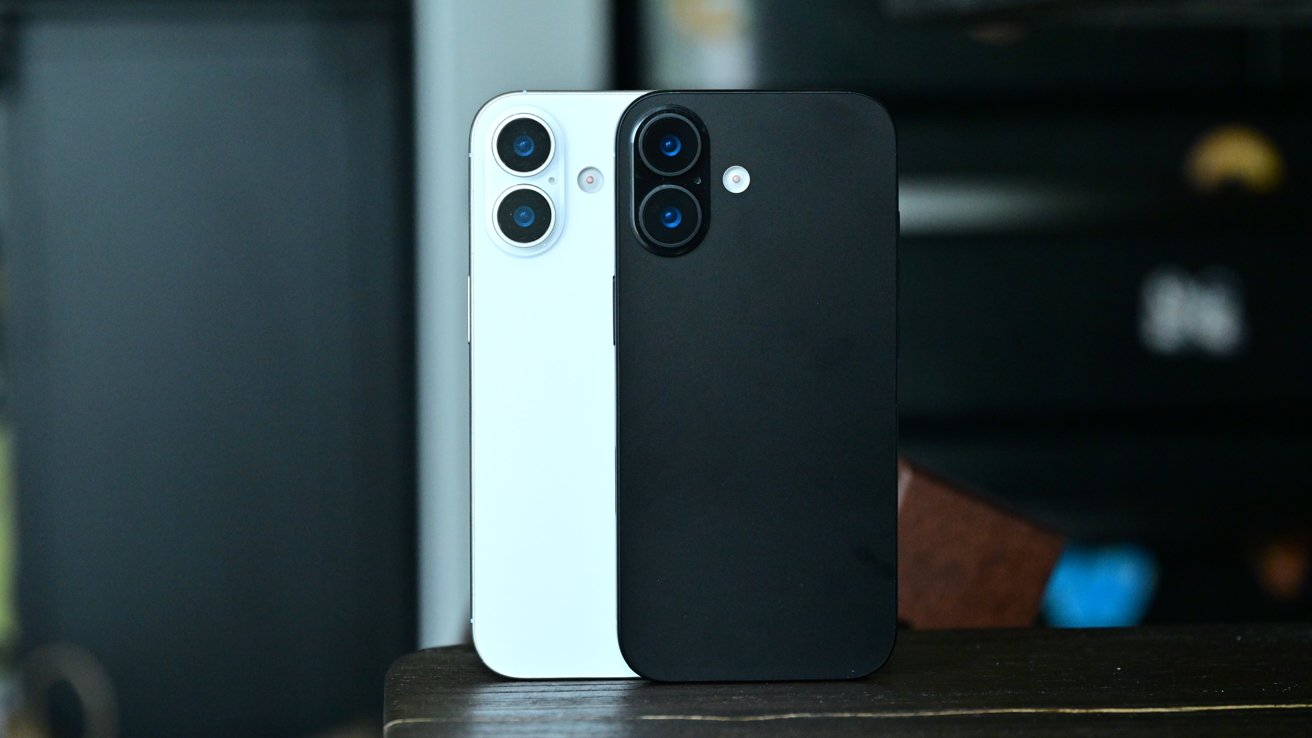
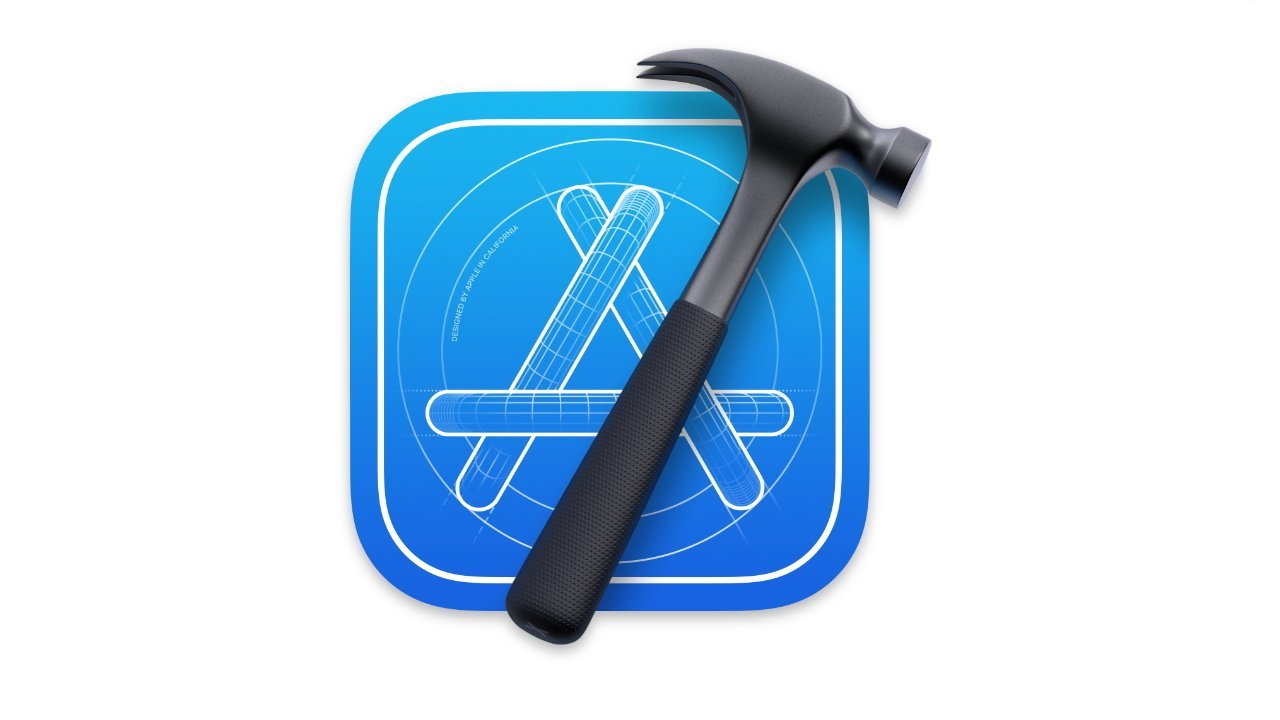

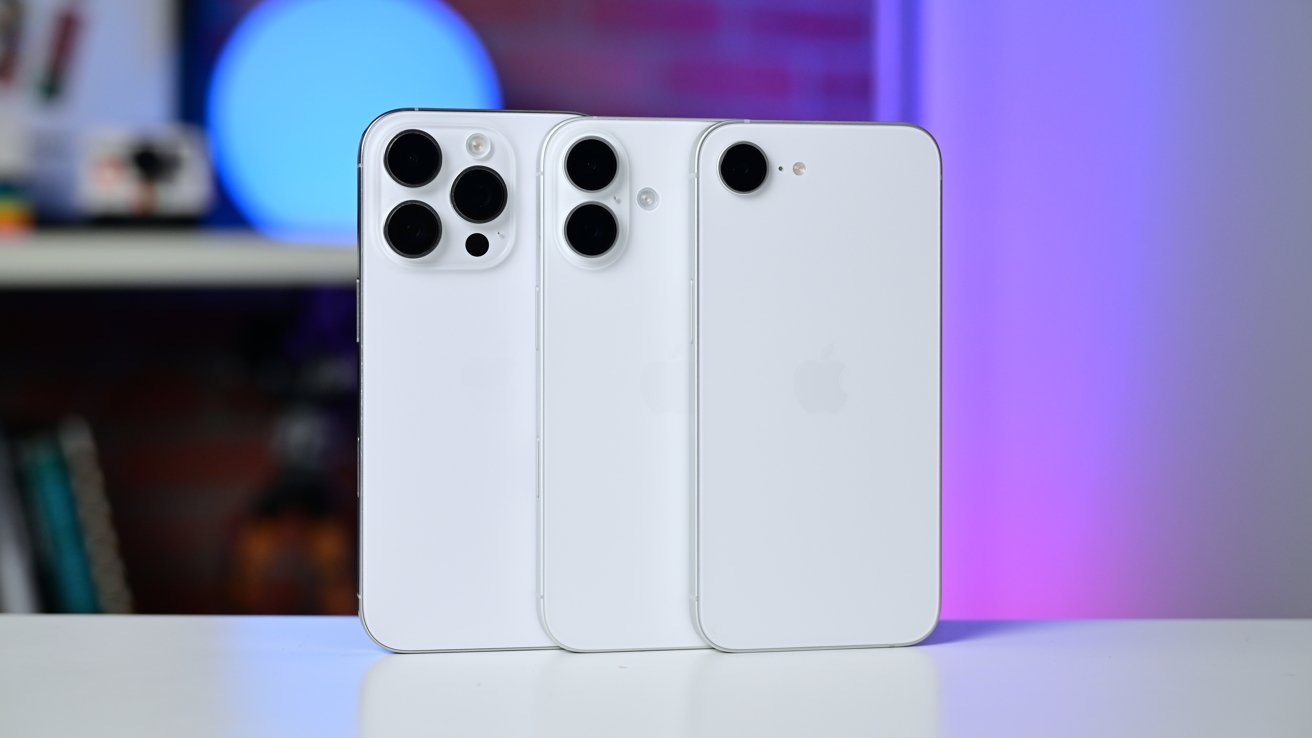










































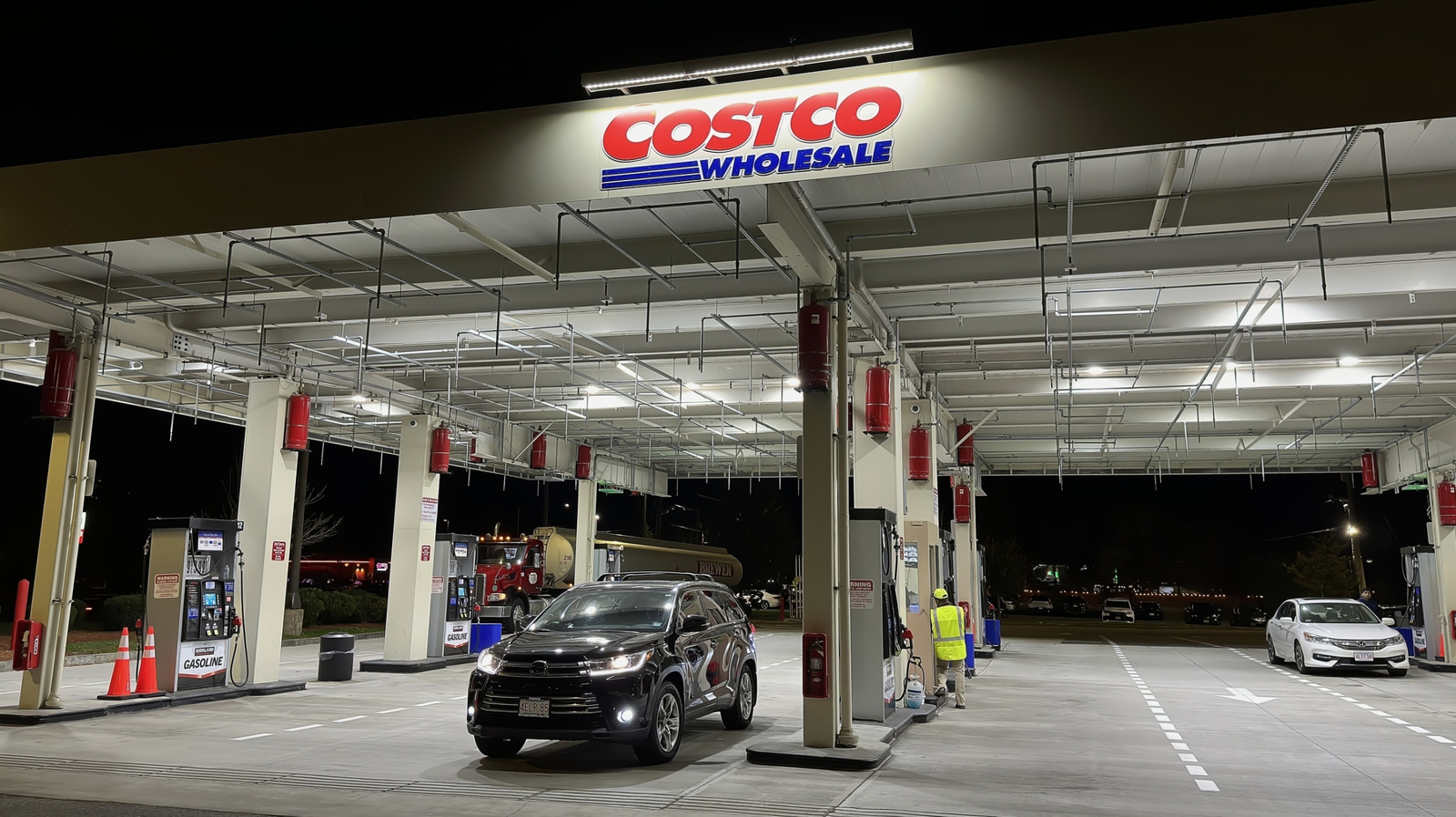




































_Inge_Johnsson-Alamy.jpg?width=1280&auto=webp&quality=80&disable=upscale#)



























































































































![[The AI Show Episode 145]: OpenAI Releases o3 and o4-mini, AI Is Causing “Quiet Layoffs,” Executive Order on Youth AI Education & GPT-4o’s Controversial Update](https://www.marketingaiinstitute.com/hubfs/ep%20145%20cover.png)
















































































































![[FREE EBOOKS] Learn Computer Forensics — 2nd edition, AI and Business Rule Engines for Excel Power Users & Four More Best Selling Titles](https://www.javacodegeeks.com/wp-content/uploads/2012/12/jcg-logo.jpg)

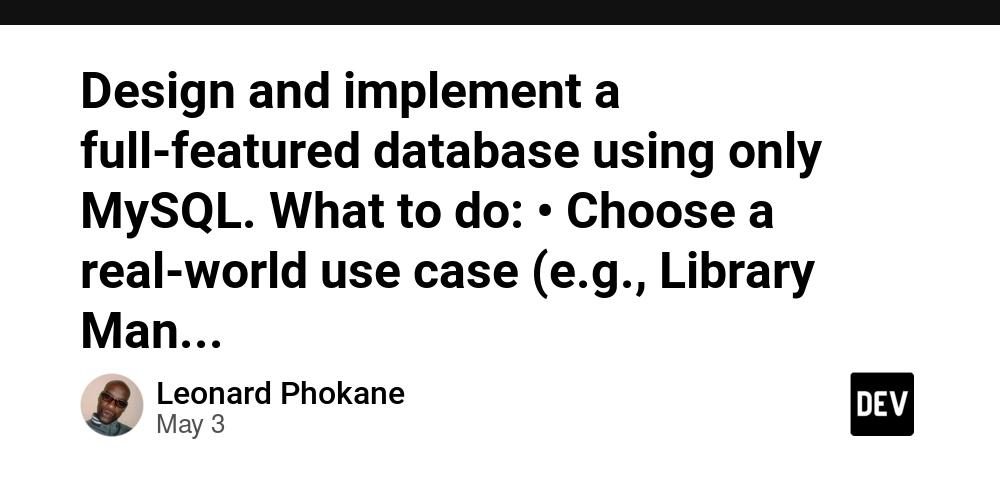
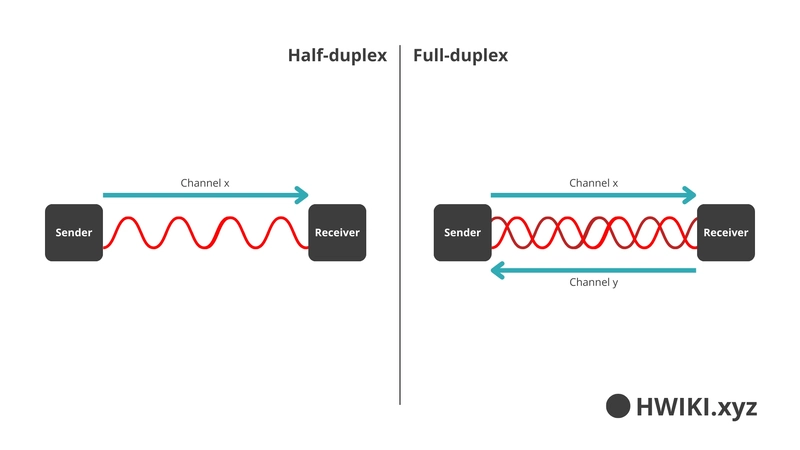



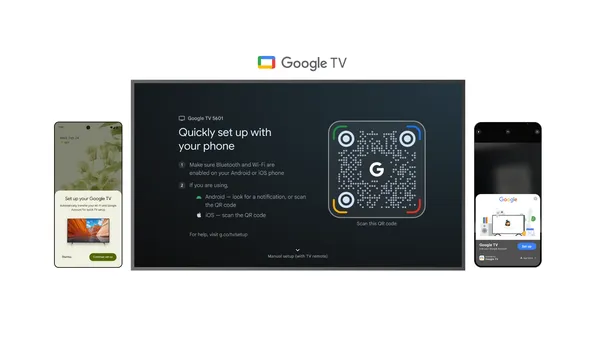


























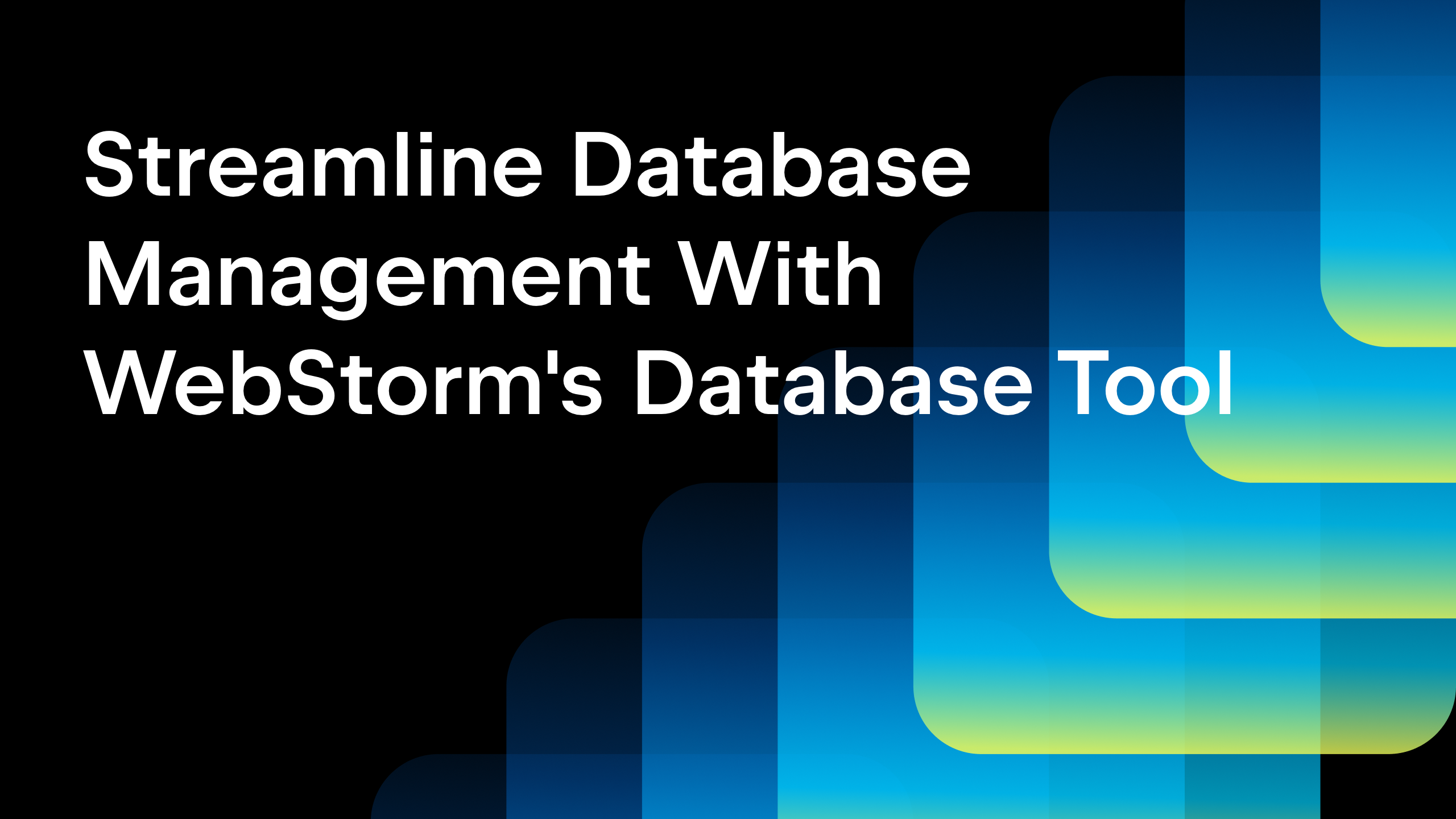













![From Art School Drop-out to Microsoft Engineer with Shashi Lo [Podcast #170]](https://cdn.hashnode.com/res/hashnode/image/upload/v1746203291209/439bf16b-c820-4fe8-b69e-94d80533b2df.png?#)































































